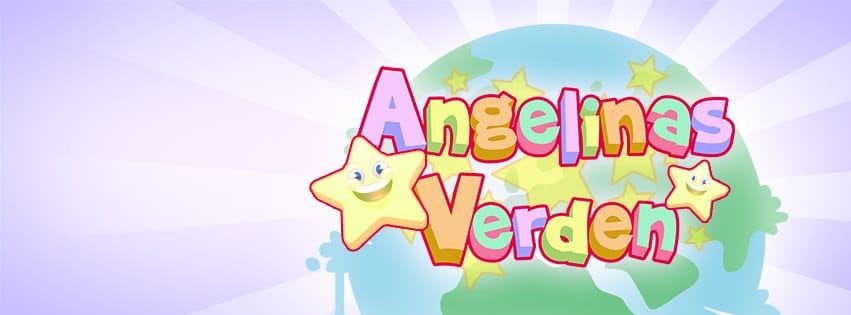A father lends a helping hand to his learning-disabled daughter: a videogame

A lot has been said about games ability to grab our attention. For some they can be a little too effective in this regard (ahem). But if you have a disability, or learning issues, it may be the only medium that you can really plug into, as it were.
A step-father made a videogame with some educational aspects for his eight year old step-daughter Angelina, who has problems with attention.
Angelina is distracted easily, won’t tolerate learning books. At age six, she could only say a few words. Marius, who lives in a town called Moss in Norway, taught her a few more words, stuck with it, made slow progress. So he decided to try something new. He wrote an iPad game for Angelina.
She loved it. From Marius Mathisen, the maker of the game:
“Angelina’s Verden [Angelina’s World] is entirely focused on Angelina as a person. There are a lot of apps, but I don’t find those satisfying for Angelina and her challenges. So I took her as a starting point and made a game with her in mind, all the way. I wasn’t focusing on any other aspects, commercial appeal or anything like that.”
“Kids will try hard to beat a game. If you give a child a hard game like Meat Boy, they’ll figure it out. Too many educational games are too simple, they are made with adults in mind. Games can help children to enjoy learning, to see it as a fun challenge.”
Angenlina’s Verden is a game for Mathisen’s stepdaughter, but it has a broader application, especially for those with more serious mental issues. Each individual may have their own hurdles they need to address, but if videogames can provide some kind of avenue to instruction and engagement, especially for those where typical learning is more of a challenge, they should be implemented as effectively and ubiquitously as possible. Clearly it is doing something for some.



